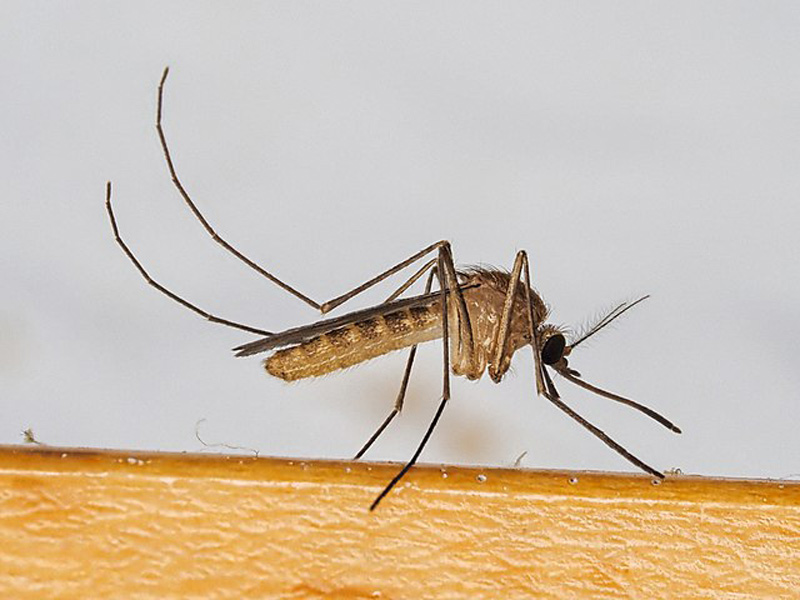Time: 2024-07-13

Bug bites are a common issue during the summer , but in Massachusetts , they can lead to more than just an itch . The Massachusetts Department of Public health recently found eastern equine encephalitis ( EEE ) and West Nile virus in mosquito samples collected in Carver and Quincy . While no human cases have been reported yet , this marks the beginning of mosquito - borne illness season in the state.
Mosquito - borne illnesses like West Nile virus are spread to humans through infected mosquito bites . West Nile is relatively common , with most infected individuals experiencing no symptoms . However , EEE is more serious and can lead to fever , seizures , and even death . Massachusetts has not seen any human cases of EEE in the past three years , but in 2019 , there were 12 cases resulting in six deaths , and in 2020 , there were five cases resulting in one death.
To protect against mosquito - borne diseases , it is recommended to use EPA - approved insect repellent when outdoors , especially during peak biting times from dusk to dawn . Additionally , individuals should eliminate any stagnant water sources near their homes to prevent mosquitoes from breeding.
In Edgartown , a mosquito recently tested positive for West Nile virus . The insect was collected at the Edgartown Town Cemetery as part of routine surveillance efforts . West Nile virus can cause symptoms such as fever , headache , body aches , vomiting , diarrhea , and rash . While most people do not show symptoms , about one in 150 individuals can develop serious and sometimes fatal illness.
Public health officials advise those over 50 years old to take extra precautions , as they are at a higher risk of severe infection . Recommendations include wearing protective clothing , using insect repellent with specific ingredients , and avoiding outdoor activities during peak mosquito activity hours.
As of July 9 , there have been 15 human cases of West Nile virus reported in the U.S. from 11 states . Mosquito prevention is crucial , as there are currently no vaccines or treatments for the virus . By draining standing water where mosquitoes lay eggs and implementing mosquito - proofing measures at home , individuals can reduce their risk of exposure to West Nile virus and other mosquito - borne diseases.